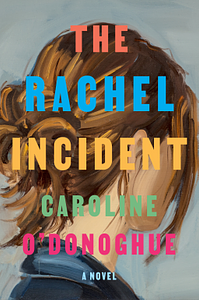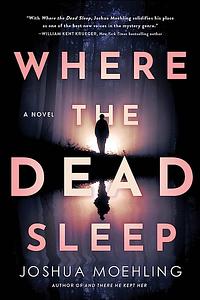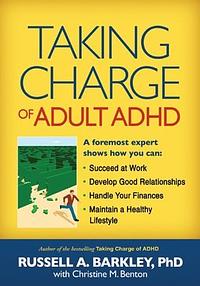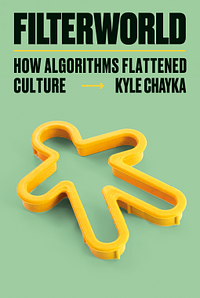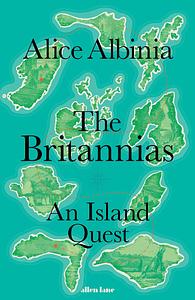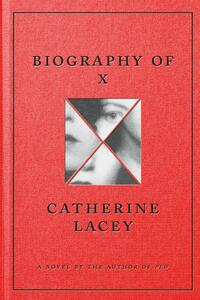You need to sign in or sign up before continuing.
Take a photo of a barcode or cover
alexture's Reviews (954)
everyone is lovable except for the very evil evil guys and... the alcoholic gun-happy landlord detective. unfortunately I think we're meant to like her, and this distracted me quite a bit.
I thought this would be about geography and politics. The whole Sacred Feminity vibe doesn't appeal to me at all.
Who knew reading the biography of a dull and supremely unlikeable person, who doesn't even exist, would be so gripping.
I was definitely more taken with the world-building than I was with the characters. I don't mind a boring narrator, I even think this one was pretty cool in how she was boring - it's just hard to see this bigger-than-life subject of the biography being incredibly bland and arrogant the entire time without the reader ever really understanding what made her the acclaimed genius that she seems to be.
And a small thing that really bothers me: the name-dropping of people who existed and who did not ask to be included in this.
All in all an interesting read, but one of those books where I close them and think "there's probably fanfiction better than the source material somewhere, right?".
